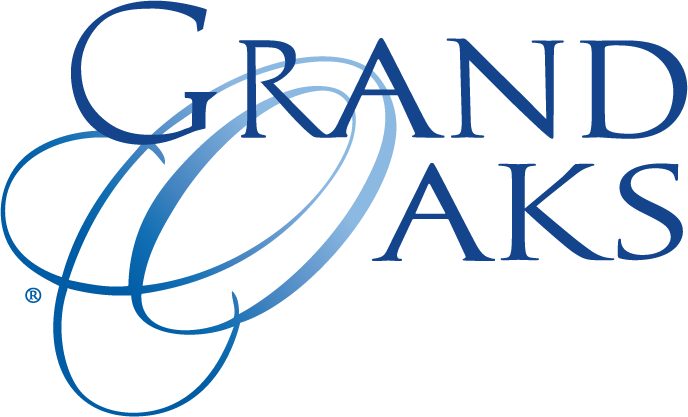4 Min Read
Headaches in Seniors

Headaches are one of the most common medical conditions in the United States among all age groups. In fact, between 50 to 75 percent of adults globally report having a headache in the last 12 months. Attributed to a number of causes, headaches peak between the ages of 18 and 44 and occur more in women among all age groups. Nevertheless, understanding the causes, prevention, and treatment is crucial to minimizing or avoiding headaches in the future.
June is National Migraine and Headache Awareness Month. This painful and aggravating condition receives special attention during June when environmental and lifestyle factors can increase headaches. A headache is simply having a pain in your head or face, which can be occasional, frequent, sharp, or dull, and vary where it’s located. Headaches can interfere with daily function and severely impact your work, social, and family life. If not treated effectively, headaches can lead to loss of work and severe depression.
Headaches are generally divided into two groups: primary and secondary. Primary headaches are not caused by another medical condition or a symptom of an underlying disease. Lifestyle factors often cause the most common types of primary headaches. Examples include tension headaches (the most common), migraines (the second most common), cluster headaches, and new daily persistent headaches (NDPH).
Primary Headaches Can Be Caused By:
- Certain foods or ingredients in food such as chocolate, cheese, alcohol, fermented foods, processed foods, and even caffeine
- Insufficient sleep, disruptive sleep, or any type of sleep apnea
- Environmental allergens
- Exposure to secondhand smoke or any strong odors, perfumes, or chemicals
- Medications, especially when stopping or reducing drugs for pain
- Changes in eating, poor posture, heat or weather, bright light, or loud noises
- Stress or anxiety, whether sudden or recurring
A secondary headache is caused by or related to another medical condition such as a sinus or ear infection, brain tumor, head trauma, glaucoma, high blood pressure, dehydration, any brain inflammation or infection, stroke, bleeding in the brain, or panic disorders, for example. If you experience any headache symptoms that are sudden, new, or cause a severe headache, or are associated with neurological symptoms like paralysis, speech difficulties, confusion, dizziness or weakness, numbness, personality changes, or sudden headaches associated with a fever or vomiting, you should call 911 or seek medical attention right away. With new headache symptoms, especially if you would describe it as “the worst headache of your life,” talk to your doctor immediately.
Diagnosing and Treating Your Headaches
Before visiting your healthcare provider, prepare in advance. This can help you and your doctor to correctly diagnose and treat your headaches. If you have had three or more headaches a week, they seem to get worse, and you take over-the-counter pain medications almost daily, make an appointment to be evaluated by your doctor. Describe your headache in details such as:
- When, where, who you are around, what triggers it, and how long it lasts
- Bring a journal or diary that describes your headaches
- Make sure your medical records and history are current and provided to your doctor
Your doctor may order imaging and lab tests to determine the causes of your headaches, especially if they are new or have been persistent, but are less responsive to treatment. At Johns Hopkins Medicine, existing patients can even be seen via Telemedicine Assessments.
Many treatments relieve headaches, including migraines, which can be debilitating and last from four hours to several days. In addition to over-the-counter pain and allergy medications that relieve symptoms, your doctor may recommend prescription medications such as triptans. Medications for high blood pressure, seizures, or depression can sometimes prevent migraines as well.
Headache Relief Tips
Besides medications, you have a number of options that can help lessen or prevent headaches and migraines from occurring.
- Seek professional counseling and utilize stress management strategies
- Learn and practice Biofeedback techniques such as controlling your breathing rate, pulse, heart rate, body temperature, and muscle tension
- Make lifestyle changes and avoid well-known headache triggers
- Treat the health problems that can cause secondary headaches
- Try self-care treatments such as ice packs, stretching, massage, resting in a dark and quiet room, or light exercise

0 Comments